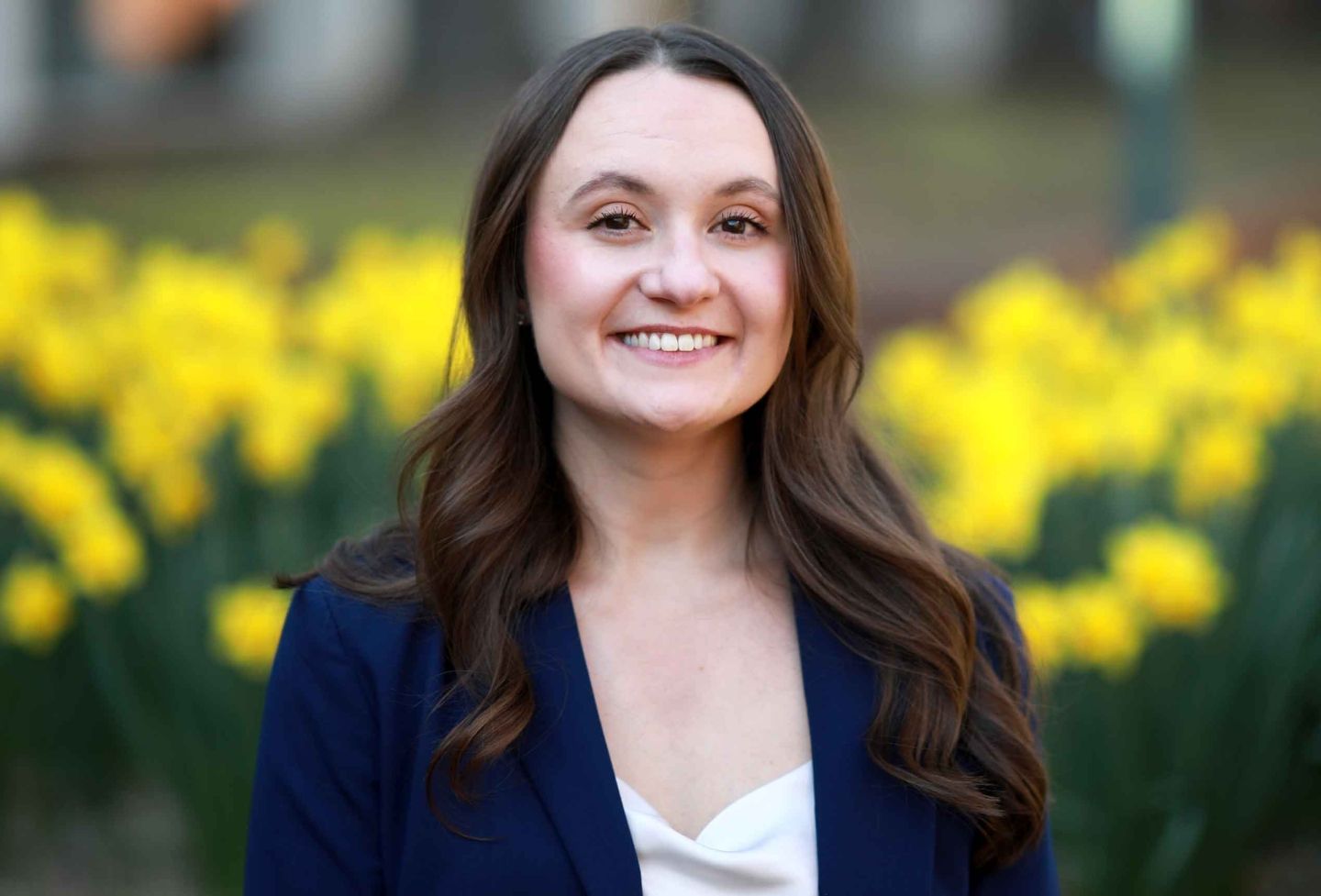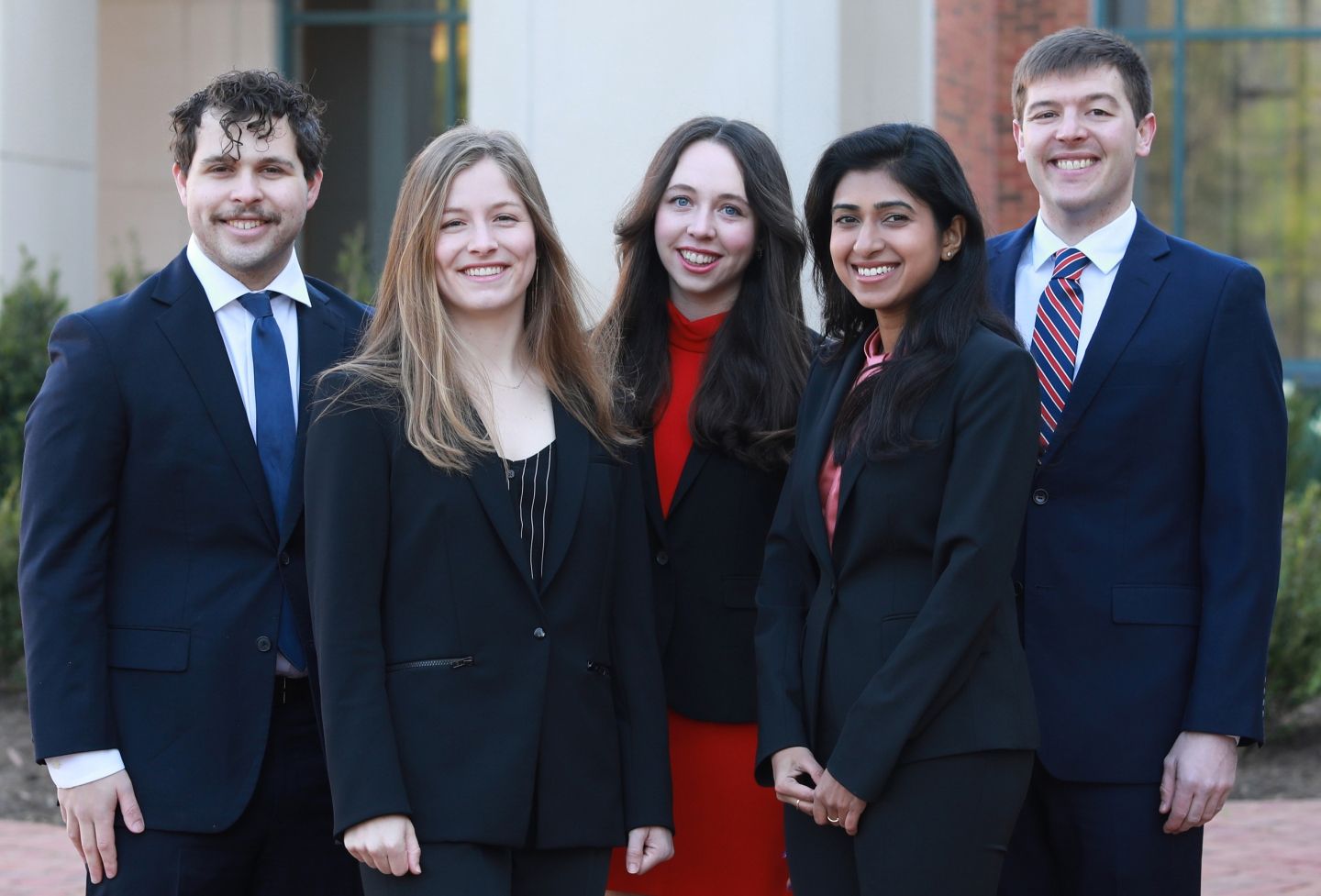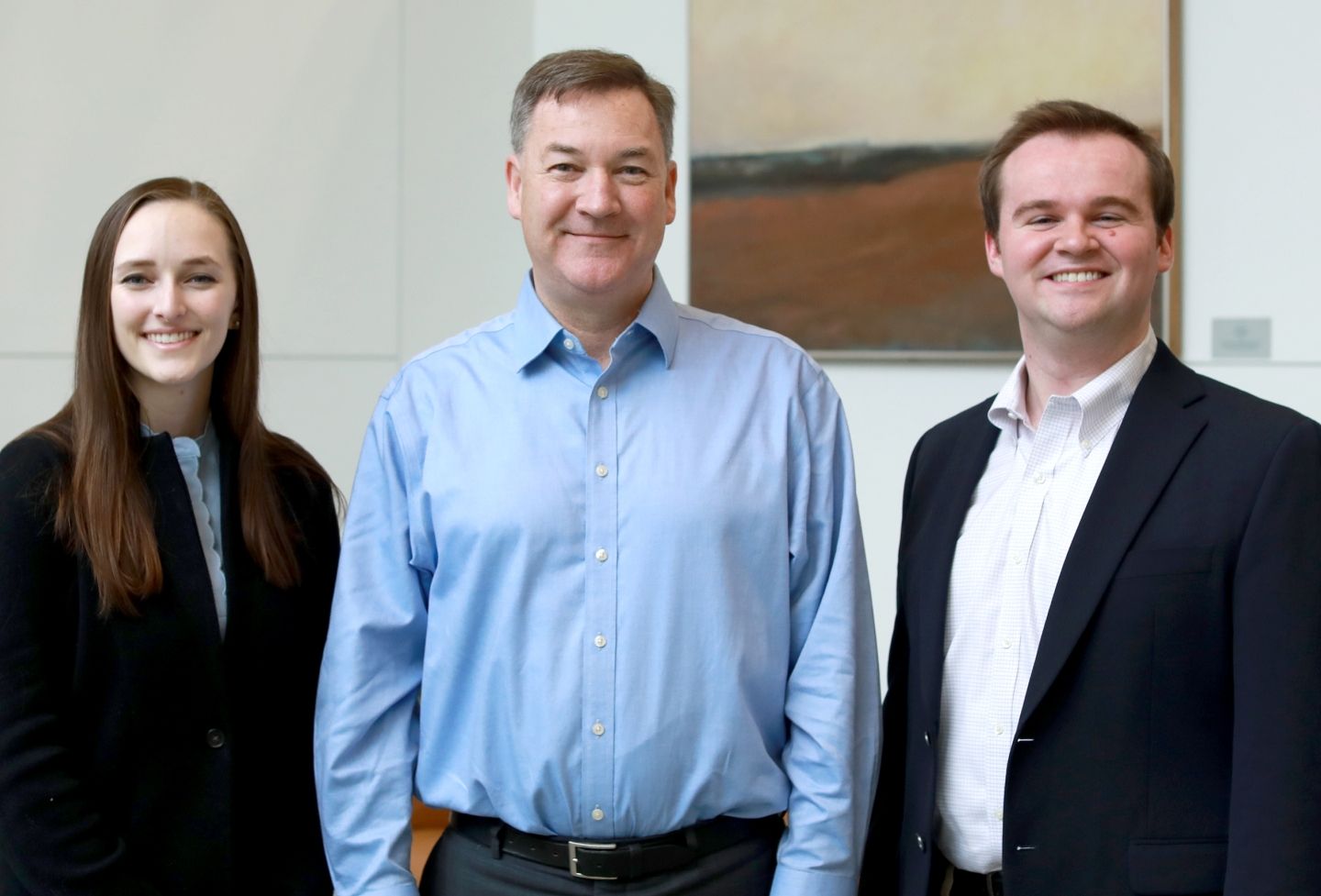As part of the International Human Rights Clinic, our student group traveled to Bogota, Colombia, last month to meet with our partner organization, Dejusticia, in order to conduct interviews with researchers and practitioners involved in Colombia’s efforts to improve air quality.
Air pollution has long been recognized as an environmental and health problem, but now we were challenged to view the issue as a matter of human rights. Indeed, through our research we learned that air pollution contributes to about 7 million premature deaths per year around the world, with about 15,000 of those deaths occurring in Colombia — especially in the Bogota metropolitan area, where air pollution is the leading factor in 1 out of 20 deaths.
It did not take long for us to understand that air pollution was a serious infringement on the human right to life, health and dignity. To add another layer to the problem, it became apparent that marginalized communities in Colombia suffered the most from air pollution.
With the guidance of our clinic director, Professor Camilo Sánchez, and the partners at Dejusticia, we spent the entire academic year putting together a portfolio of research that would aid Dejusticia in potential litigation to hold various actors accountable for their contribution to the degradation of air quality in Colombia.
We put together a collection of international court opinions that successfully held governments and private actors accountable for either directly polluting the air or for failing to implement measures to mitigate or adapt to the effects of climate change. We also studied Colombia’s international commitments and treaties regarding air pollution, as well as specific national and local policy initiatives that have addressed air quality standards in Colombia and around the world.
When we arrived in Bogota, it was immediately obvious to us that air pollution was a major problem. Coincidentally, we arrived just days after the mayor of Bogota instituted a state of emergency because of how bad the air quality was. When visiting Monserrate, a famous hill near the city center of Bogota, we could barely see the city beneath the cloud of pollution.
We witnessed firsthand how the high volume of cars and buses on the road contributed to the problem, with buses emitting large black smoke clouds right in front of us. There was so much vehicular traffic that even the simple six-mile trip to the airport took upwards of an hour.
While in Bogota, we spent our time at Dejusticia’s headquarters interviewing scholars and policymakers involved in efforts to address the city’s air quality issue. They included Ph.D. candidates, university clinic directors, engineers and former government advisers. From the interviews, we learned about the leading causes of air pollution in Bogota and what the city had been doing (and failing to do) in response to the growing concerns.
The goal was to understand how an organization like Dejusticia could potentially make a difference by taking legal action. By the end of the two days spent in Bogota, we had a much more informed and realistic perspective on the problem, and we plan to integrate our experience in Colombia into the remainder of our research during our time in the clinic.
During the same trip, a separate group of students in the clinic worked on their project regarding human rights in Venezuela. Throughout the year, they focused on the right to health in Venezuela and human rights issues stemming from the forced migration of over three million Venezuelans from their home country.
Founded in 1819, the University of Virginia School of Law is the second-oldest continuously operating law school in the nation. Consistently ranked among the top law schools, Virginia is a world-renowned training ground for distinguished lawyers and public servants, instilling in them a commitment to leadership, integrity and community service.


